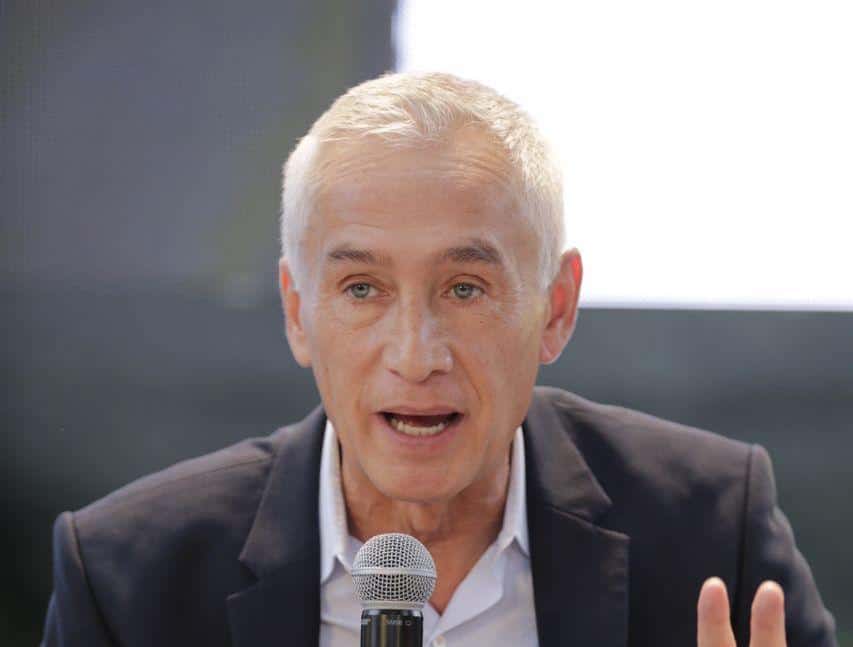Medellín, Colombia
September 29, 2017
I come here today to urge you—no, to beg you—to not follow the instructions of your governments, to refuse to believe many of the things you learned in journalism school, to not always pay attention to your parents and teachers, and to not follow to the letter the precepts of what a respectable journalist is supposed to be.
I come here today to urge you to disobey.
All of you.
To disobey, after all, is to transgress. Good journalism always breaks something. It never leaves things as they were. That is why I like to think of journalism as a countervailing power. You must always be on the opposite side of those who hold power, and particularly those who abuse their authority.
That is why we must disobey the anti-immigrant bully that sits in the White House.
That is why we must disobey the dictators in Cuba and Venezuela.
That is why we must disobey the president of Mexico, where so many journalists have been killed, and where most crimes enjoy total impunity.
That is why we must disobey whoever demands of us loyalty and patience.
I understand journalism to be a public service. And what service can journalists provide? We can ask questions.
Here in Colombia they have a beautiful word that they use when one takes full responsibility and there are no two ways around it: toca—it’s on me.
Well, it’s on journalists to ask uncomfortable questions, to demand accountability, to put up against the wall the presidents and governors, the priests and businessmen—anyone that holds a little authority.
Toca—it’s on us.
When I’m going to interview someone important or influential, especially if it takes places in a historically relevant moment, I always remember two things.
The first is that if I don’t ask the difficult questions, those that make your hands sweat before you ask them, then nobody will.
The second is that I will never see the interviewee again. It’s better that way. I am not expecting kind words at the end of the interview or more access in the future. Sometimes it happens that the interviewee I skewered returns for another interview. Certainly, there have been cases of masochism. It usually happens, though, that those who return have nothing to hide.
I am convinced that the main social function of journalism is to question power. In the face of racism, discrimination, corruption, public lies, dictatorships, and violations of human rights, we are bound to break the silence and question. That is what journalism is for.
Journalism and parenthood are very similar. In both cases half the work is simply to be there. Good parents and good journalists are the ones that are where they need to be, the parent with his children and the journalist wherever the news is.
To be a witness is enormously important. When a starting journalist is off to a special assignment for the first time asks me for advice, I almost always say this: I want you to be my eyes. Take me to where you are.
In our dear, passionate, convulsed Latin America, where democracy and justice battle it out, we desperately need journalists that are where they need to be, and that, being there, will disobey.
Journalism, more than a profession, is a mission.
The courage of my colleagues never ceases to amaze me, those who report on the drug lords in a small town, or the ones that take on the task of finding the disappeared¬ from Ayotzinapa to Argentina, or those that call out heads of state and politicians for their whitewashed homes and black accounts.
I very often ask myself what would have happened if instead of moving to Miami—the foxhole from which I plan my battles—I had stayed in Mexico. I left my home country of Mexico in order to enjoy freedom from censure. Today, as I approach sixty, I believe I made the right choice. I have been able to say everything I have wanted to say. But others stayed back home.
We have been murdered—and I speak of we because we are a family. Over 109 journalists have been murdered in Mexico since the year 2000, according to the organization Article 19. In the six years of Enrique Peña Nieto’s term already thirty-six have lost their lives.
Tonight, this award goes to those who stayed, to those who did not flee, to the 780 journalists—our brothers and sisters—that according to Reporters Without Borders have been assassinated from 2006 to 2016 because of their professional work. This award goes to those who disobeyed and were murdered for it.
What their murderers and the governments who protect them do not know is that for every journalist they kill there will be two, three, or a thousand to take up their causes, their stories, and their words. This is our promise to the departed.
We are not in the business of holding silence.
Silence is an accomplice.
Wherefore—please—disobey.
